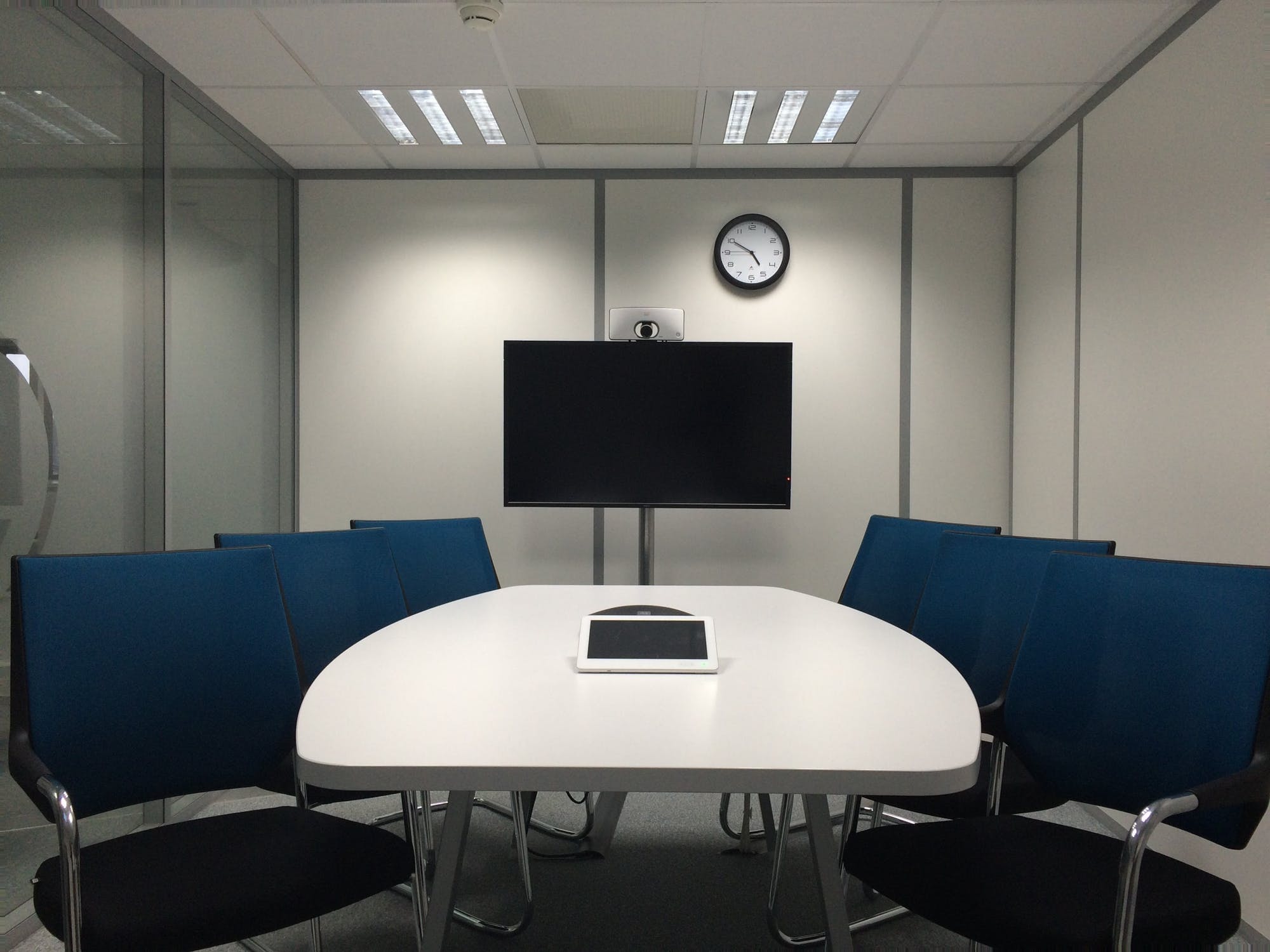Comments (4)
Mark Eliot
Conferences will be much more entertaining !!
Charlotte Pritchard
Thanks for the info
Roger Williams
They should make all conferences accessible to a wider audience
Matt Partridge
Good stuff ! Thanks for sharing

The medical conference model, like everything else, is changing due to COVID.
The face to face paradigm shifted to the virtual one, and, most probably, will emerge as a hybrid format after COVID passes.
What are we likely to see as far as the structure, format and content of medical meetings in 2025?
Much like new course development and design in educational programs, conference design starts with a market based needs assessment that informs learning and experience objectives that defines the curriculum and experience to satisfy the learning objectives that creates measurable outcomes.
Conference organizers and those who sponsor them should ask potential stakeholders the following:
I have a colleague who once quipped, "You can tell conferences are getting boring when you see the same presenters showing the same slides but with new spouses".
Now is the time to rebuild the conference model for post- COVID times. Otherwise, like every other industry that fails to take advantage of the crisis, medical conferences will be replaced by a more value-added, customer-responsive model.
Arlen Meyers, MD, MBA is the President and CEO of the Society of Physician Entrepreneurs.
Conferences will be much more entertaining !!
Thanks for the info
They should make all conferences accessible to a wider audience
Good stuff ! Thanks for sharing
Arlen Meyers, MD, MBA is a professor emeritus of otolaryngology, dentistry, and engineering at the University of Colorado School of Medicine and the Colorado School of Public Health and President and CEO of the Society of Physician Entrepreneurs at www.sopenet.org. He has created several medical device and digital health companies. His primary research centers around biomedical and health innovation and entrepreneurship and life science technology commercialization. He consults for and speaks to companies, governments, colleges and universities around the world who need his expertise and contacts in the areas of bio entrepreneurship, bioscience, healthcare, healthcare IT, medical tourism -- nationally and internationally, new product development, product design, and financing new ventures. He is a former Harvard-Macy fellow and In 2010, he completed a Fulbright at Kings Business, the commercialization office of technology transfer at Kings College in London. He recently published "Building the Case for Biotechnology." "Optical Detection of Cancer", and " The Life Science Innovation Roadmap". He is also an associate editor of the Journal of Commercial Biotechnology and Technology Transfer and Entrepreneurship and Editor-in-Chief of Medscape. In addition, He is a faculty member at the University of Colorado Denver Graduate School where he teaches Biomedical Entrepreneurship and is an iCorps participant, trainer and industry mentor. He is the Chief Medical Officer at www.bridgehealth.com and www.cliexa.com and Chairman of the Board at GlobalMindED at www.globalminded.org, a non-profit at risk student success network. He is honored to be named by Modern Healthcare as one of the 50 Most Influential Physician Executives of 2011 and nominated in 2012 and Best Doctors 2013.
Leave your comments
Post comment as a guest